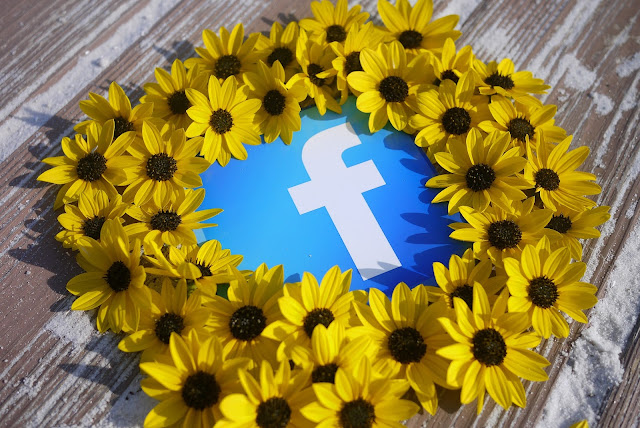Facebook Messenger
Facebook Messenger (sometimes abbreviated as Messenger)is an instant messaging service and software application. It is integrated with Facebook's web-based chat feature and built on the open MQTT protocol.
Facebook Messenger lets Facebook users send messages to each other. It was launched as a standalone app on the Android and iOS
operating systems in August 2011 and the functionality was then removed
from the main Facebook app in April 2014. Facebook has also launched
Facebook Messenger Lite, a basic app with a limited feature set for
areas with low-speed Internet or old mobile devices. A website interface is also available. Complementing regular conversations, Messenger lets users make video calls both in one-to-one interactions and in group conversations. Its Android app has integrated support for SMS
and "Chat Heads", which are round profile photo icons appearing
on-screen regardless of what app is open, while both apps support
multiple accounts, conversations with optional end-to-end encryption,
and playing "Instant Games", which are select games built into
Messenger. Some features, including sending money and requesting
transportation, are limited to the United States. In 2017, Facebook has
added "Messenger Day", a feature that lets users share photos and videos
in a story-format with all their friends with the content disappearing
after 24 hours; Reactions, which lets users tap and hold a message to
add a reaction through an emoji; and Mentions, which lets users in group conversations type @ to give a particular user a notification.
 |
| Add caption |
In March 2015, Facebook announced that it would start letting
businesses and users interact through Messenger with features such as
tracking purchases and receiving notifications, and interacting with
customer service representatives. It also announced that third-party
developers could integrate their apps into Messenger, letting users
enter an app while inside Messenger and optionally share details from
the app into a chat. In April 2016, it introduced an API for developers to build chatbots
into Messenger, for uses such as news publishers building bots to give
users news through the service, and in April 2017, it enabled the M virtual assistant
for users in the U.S., which scans chats for keywords and suggests
relevant actions, such as its payments system for users mentioning
money. Additionally, Facebook expanded the use of bots, incorporating
group chatbots into Messenger as "Chat Extensions", adding a "Discovery"
tab for finding bots, and enabling special, branded QR codes that, when scanned, take the user to a specific bot.
After being separated from the main Facebook app, Messenger had
600 million users in April 2015, growing to 900 million in June 2016,
1 billion in July 2016, and 1.2 billion in April 2017.















No comments